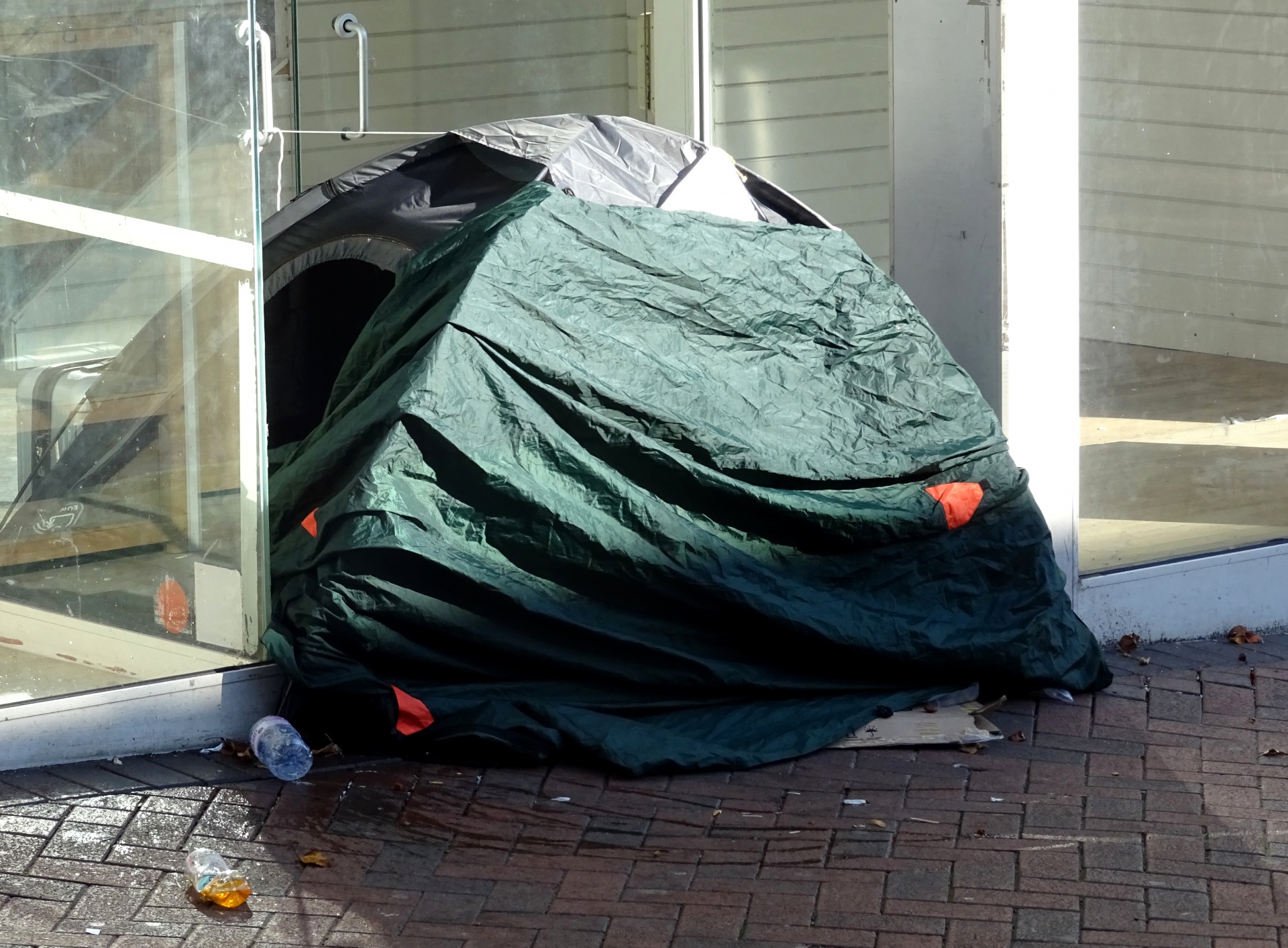Poverty in Wales: A Globalized Perspective
By Aphrael Spindloe
Disclaimer: The blogs on this site are written by our volunteers and guest writers. They do not reflect the views of the WCIA. We hope that sharing a range of views will encourage discussion and debate. Please get in touch if you wish to contribute a blog. Blogs are published in the language the volunteer has chosen to write in (whether that is Welsh or English) and we welcome submissions in both languages.
Poverty in Wales: A Globalized Perspective
When in November 2018 Professor Philip Alston, United Nations Special Rapporteur on extreme poverty and human rights visited the UK, it was a surprise to many in Government (but less so to UK citizens) that he described the extent of UK poverty as ‘not just a disgrace, but a social calamity and an economic disaster, all rolled into one.’ The visit highlighted the extent that poverty has affected the UK, and how Globalization has had its own part to play.
 I have been a student at Cardiff university since October 2017, and it is clear that policies such as austerity and universal credit has had a significant impact on citizens’ livelihoods. These policies were implemented after the 2008 recession, an economic crisis which led to the UK Government feeling justified in reducing costs in areas such as welfare, health and education. It has been over ten years now, yet the effect of the crash is still evident to see. Foodbank use is growing at an alarming rate as people struggle to find money for both food and bills (even when they are in a job) and it is normalized to witness a large number of homeless people on the streets; neglected by their government who has failed to provide even the simplest provision of shelter (In Cardiff, the Wallich has seen an 81% increase in rough sleeping between 2013/14 and 2015/16) Even though my generation can hardly remember a time before the crash, we are all very aware that the policies of today are not working. Something must change.
I have been a student at Cardiff university since October 2017, and it is clear that policies such as austerity and universal credit has had a significant impact on citizens’ livelihoods. These policies were implemented after the 2008 recession, an economic crisis which led to the UK Government feeling justified in reducing costs in areas such as welfare, health and education. It has been over ten years now, yet the effect of the crash is still evident to see. Foodbank use is growing at an alarming rate as people struggle to find money for both food and bills (even when they are in a job) and it is normalized to witness a large number of homeless people on the streets; neglected by their government who has failed to provide even the simplest provision of shelter (In Cardiff, the Wallich has seen an 81% increase in rough sleeping between 2013/14 and 2015/16) Even though my generation can hardly remember a time before the crash, we are all very aware that the policies of today are not working. Something must change.
Neoliberal cuts to welfare, the Government’s lack of action in relation to the rise in precarious work such as zero hour contracts and rising prices of goods in all sectors, has meant Wales poorest are living in fear of where their next meal will be, or if they will have to go without food so that they can pay their bills to make sure a roof is over their heads for another month. As we privatize more and more of our services, allowing global businesses to take over and ramp up prices (it has become a usual sight at the beginning of each new year to hear of train fare prices rising, often around the 3.5% mark) we are creating an environment that poor people are unable to survive in without adapting to a life of debt and squalor.
Scare techniques are commonly used by certain media outlets, which are often owned by rich people or individuals who do not live in the UK. They create a demonized view of those on benefits, claiming them to be ‘benefit scroungers’. This should be seen as yet another scapegoat which allow multinational corporations who evade tax to keep on hoarding their money, whilst those in poverty have sanctions put on them for simple acts such as not turning up for a work search review.
Yet poor people are still viewed as the problem.
Multinational corporations are also frequently based in other countries such as America. This means that their employees in other countries become a number rather than an individual with aspirations, friends and family. This, unfortunately, makes firing people much easier. If a corporate giant is told that sales are low in an area, then they could simply make people redundant in order to save money and transfer production to areas where sales are high, such as Honda which is planning to move out of the UK by 2021 (Honda suppliers factory Kasai in Merthyr Tydfil has 200 people supplying both Honda and Nissan, this decision to leave the UK means 200 individuals will now be facing uncertainty about whether they will lose their job or not). It becomes a numbers game and unfortunately the lives of employees become increasingly precarious as individuals are viewed as being part of a dispensable workforce.
It isn’t all doom and gloom, though, there are still plenty of ways that Wales can try and help people out of poverty. Putting pressure on the UK Government to make precarious work such as zero hour contracts illegal would mean everyone in work would end up having a stable income. Raising wages from the minimum wage to the Living Wage would mean people should find themselves in a position to afford basic necessities such as food, clothes and shelter. Another step to preventing poverty is by ensuring business pay their taxes. This will require global cooperation to prevent them being able to move their money into offshore accounts, and ultimately both Wales, the UK and the World would become more accountable.
Finally, re-nationalizing is vital and will require cooperation with companies that currently own UK services. One big fear the Government has is that if it forces businesses to do such things as pay tax or give services back to the state, then they will move their service elsewhere; leaving the country derelict. However, if we carry on the way we are, (allowing global corporations to evade tax and the Government to privatize more of our services), then surely people will be unable to give money to these businesses anyway (as they will not be able to afford their products). If this is the case, then there is not much hope that these businesses will be able to stick around anyway.
Overall, both Global cooperation and accountability is key if we are to deal with poverty in Wales. In our transnational world we interact with other countries all of the time. If we wish to help end poverty in Wales, then we must make sure we maintain a strong stance in showing that the UK will not accept low employment standards as being the norm; only when we hold the world to account (just as we should hold our own Government to account also) will we be able to make Wales a place with high standards, stronger job security and independent individuals.
Image of ‘Poverty can be eradicated’ by Howard Lake: https://www.flickr.com/photos/howardlake/4103261671
